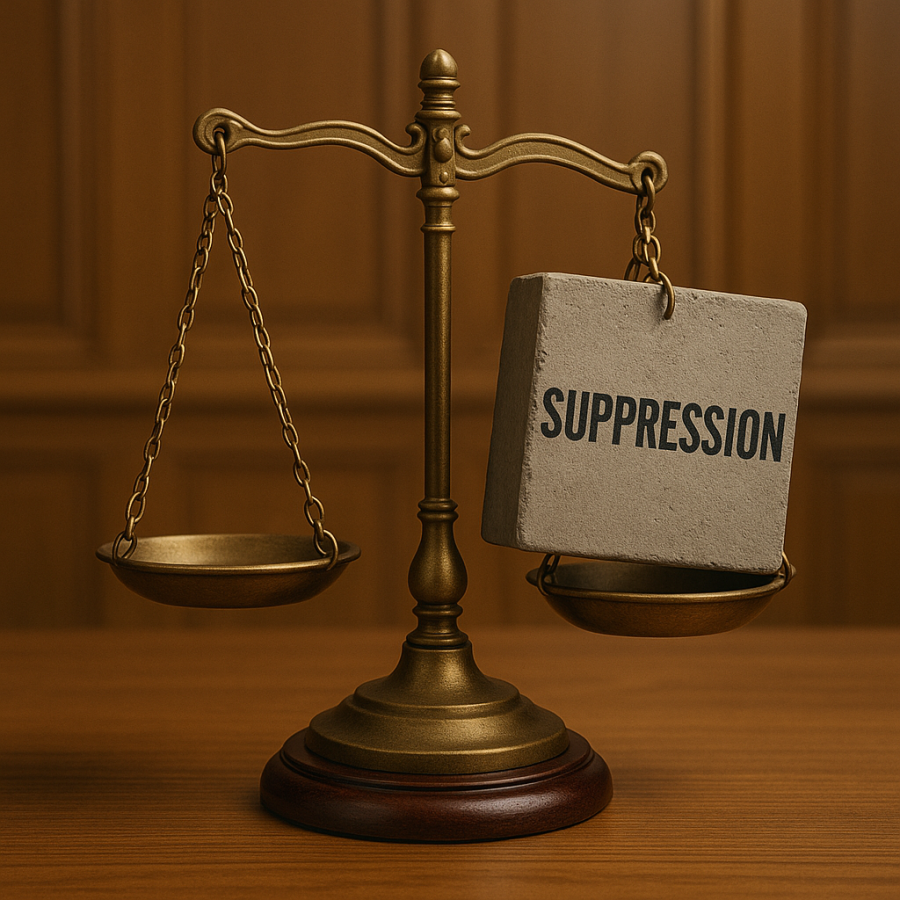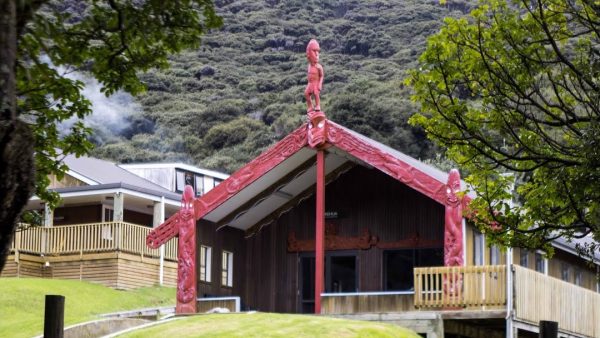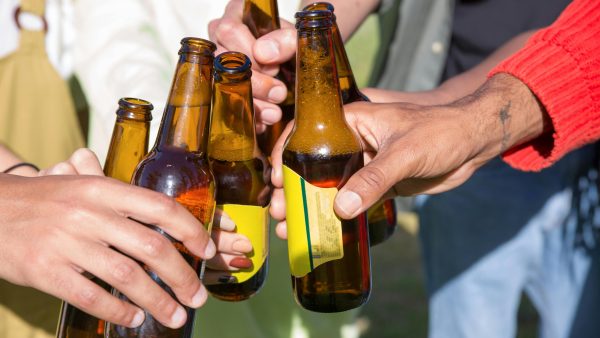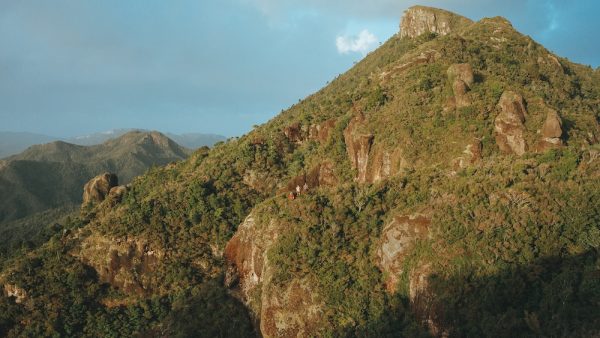Secrecy Protects the Abuser. Parliament Must End It.
OPINION: New Zealand has among the highest rates of child abuse in the OECD. That is the blunt fact. Yet instead of confronting that epidemic, our courts bury it. Suppression is no longer an exception; it has become the default. The latest case proves it beyond doubt. A 46-year-old Auckland man was convicted of possessing and importing more than 11,000 files of child sexual exploitation material this week. Toddlers. Sadism. Bestiality. He had three laptops, three hard drives and an iPhone stuffed with images no society should ever tolerate. His starting point was five and a half years. After a stack of discounts — good character, mental health, remorse, even a $50,000 donation made days before sentencing — he walked away with just two years and five months. He will be out in 2027. His name is permanently suppressed.
Nobody will know who he is. Nobody will be able to warn their children. Parents will have no way of knowing if the man next door, the one coaching their kids’ team or sitting at the park, is this offender. That is not protection. It is betrayal of our most vulnerable.
The courts argue suppression shields families, companies, communities from collateral harm. But unless those people were party to the crime, they are irrelevant. They are innocent. They did not do it. And the offender’s actions are not theirs to own. Complicity only begins when those around an abuser fight to hide him. That is when they cross into silence that enables predators.
Victims are the ones who carry the cost of this culture of secrecy. They are told to sit quietly while their abuser is hidden from the record. They are told their shame must be managed by the state. But that shame was never theirs. They did not participate. Abuse was done to them, by narcissists so consumed by themselves they destroyed others without care. It is the abuser who owns the crime. Always. That truth must be stated in daylight, not smothered under suppression.
Psychology tells us recognition is central to healing. Victims say again and again they want to be heard, to be believed, for the truth to be named. Rehabilitation is impossible without recognition. Suppression denies that recognition. It erases the abuser from the record and leaves the victims marooned in silence. That is not sparing them stigma — it is compounding their trauma. And trauma multiplies when crimes are not confronted. That is how intergenerational harm is formed: secrecy becomes inheritance, silence becomes legacy.
We have already seen what happens when facts are buried. In the Tom Phillips case, suppression of the record has allowed myths to grow. Imagine trying to rehabilitate children dragged into the bush for years, only to find society around them whispering that their father was some folk hero. That is abuse all over again. And it shows how silence warps truth.
The courts sometimes claim suppression is necessary in a small country where “everyone knows everyone.” Flip that argument. If everyone knows everyone, truth spreads like wildfire online, down the shops. Surely then, in this case, every citizen deserves the protection of knowledge. Sunlight is a disinfectant, it allows caregivers of vulnerable people to protect them.
Look abroad. In the United States, sheriffs stand at podiums, name offenders, read charges and their backgrounds, and literally hold up mugshots. They are clear: the shame is the abuser’s, and no one else’s. In the UK and Canada, open justice is the default. Even in those systems, considered cautious by American standards, names are published, crimes are reported, and communities are informed. New Zealand stands alone in treating secrecy as virtue. But our own record shreds the claim that it protects anyone. We are one of the worst in the OECD for child abuse and family violence. Suppression has not lowered offending. It has not reduced reoffending. It just hides it.
So the question is now unavoidable. Each time a judge grants suppression, whose side are they on? Are they on the side of abusers, who crave silence? Or on the side of victims, who crave recognition? Our statistics show the model has failed. The court cannot cling to theory while children continue to be harmed.
This is not just a critique of judges. Suppression rules and the discount culture that return faceless predators to the streets in months are written into statute and embedded in sentencing practice. The power to end this mess lies with Parliament, not the bench. Winston Peters has already spoken against suppression in recent years. As a lawyer, he is uniquely placed to make this an election issue in 2026. These latest cases are not anomalies — they are part of a string of decisions that have enraged the public.
The principle must be hammered into law: protect victims — their names, their faces. But expose offenders. Name them. State their crimes. Ensure communities know who walks among them. That is not vengeance. That is justice. That is safety.
One abused child is too many. To put another at risk through secrecy is beyond belief. Secrecy is not protection. It is complicity. And it is time for Parliament to decide which side New Zealand’s justice system is on.
Will Trafford is a journalist of 20 years. He has worked throughout Aotearoa, Europe, and the Middle East. He studied politics in Auckland and law in London, and has reported for NBC News, the New Zealand Herald, and Māori Television. His worked has appeared in Stuff, GB News, and the Daily Mail.








